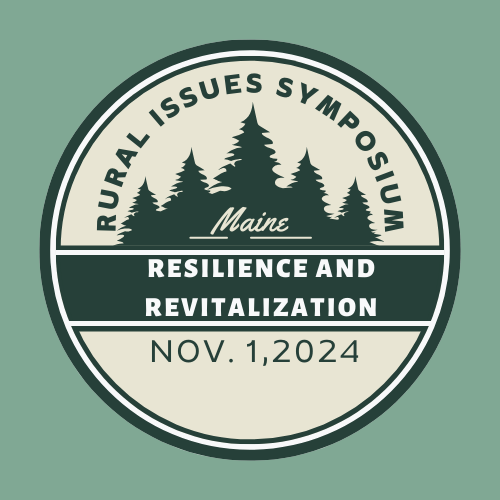Files
Download Full Text (1.7 MB)
Description
Exposure to arsenic in well water is a well-documented public health issue in Maine and New Hampshire. The most common source of arsenic contamination of well water in these states is the metasedimentary bedrock that leaches arsenic into groundwater. These groundwater reserves often exceed the EPA limit of 10 ppb. Arsenic exposure is known to cause an array of health issues; however, many people still do not test and treat their wells. To address this problem, we developed a school-based citizen science project for rural schools. Local scientists were partnered with secondary school teachers to engage students in collecting well water samples for analysis of toxic metals. Over the last six years, thousands of students have participated in the project, collecting over 4000 water samples. Through Ripple Effect Mapping, a process that captures program impacts through “appreciative inquiry,” mind mapping, and qualitative analysis, we learned that teacher-scientist partnerships are having a positive impact on project outcomes by facilitating data analysis, advocacy, and community action. These partnerships reinforced understanding of the need for students to engage with data, provided support tools and coaching for students to advocate for change, increased data reach and health risk messaging in communities, and impacted community decision-making. Follow-up surveys of well owners who contributed drinking water samples to the project indicated that participation in the project was a significant factor in their decisions to mitigate arsenic, demonstrating the potential of our school-based approach to impact public health in rural communities.
Publication Date
10-28-2024
Recommended Citation
Disney, Jane; Shim, Juyoung; Currie, Doug; Roe, Judith; Hall, Sarah; Baer, Nick; Fahnestock, Flor; Roy-Chowdhury, Priyanka; Bieluch, Karen; and Roche, Abby, "The Role of Teacher-Scientist Partnerships in Engaging Students as Citizen Scientists in Addressing Drinking Water Quality in Rural Maine and New Hampshire Communities." (2024). Rural Issues Symposium. 61.
https://digitalcommons.library.umaine.edu/rural_issues/61



